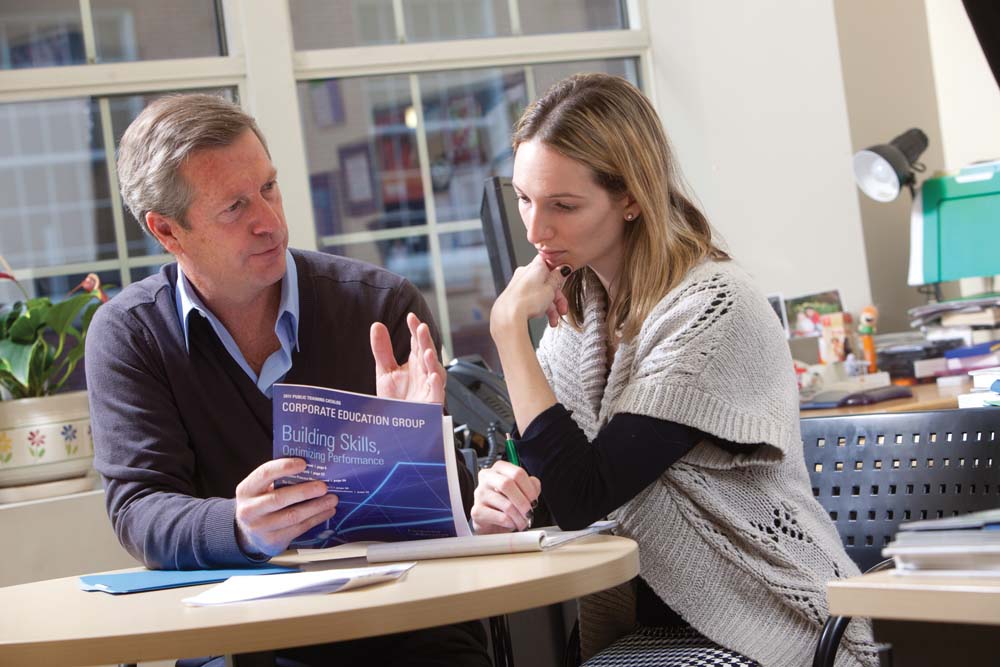During an election year, politics are bound to be a topic in your home. Children learn a lot about the subject simply by listening to our conversations, but have you ever wondered how to teach your children about politics with more intention? Children need to understand the privileges and responsibilities that come with democracy, so they are ready to become active participants in the political process as adults. In this article, we explore engaging, age-appropriate ways to introduce your young child to the world of politics.
Talking to Preschoolers about Our Government
Concepts to Explore
Young children might not have the cognitive ability to understand our complex political system, but they are very aware of issues of justice and fairness and are on the path of becoming active participants in creating positive change. Talk with your young child about the role of the president: to lead our country and help make decisions. Discuss the idea that we vote for leaders who we think will do the best job. Try creating voting opportunities for your children and the whole family by holding votes on where to go out to eat, what family game to play, etc. Don’t forget to model empathy by asking your child to tell you why they voted for a particular restaurant, game, etc.
Civic Activities to Try
Young children readily absorb our views on democracy, political activism, and social justice, mostly through what we do and say. Take your child with you to the voting booth or political rallies. Visit historical museums and state buildings. Get involved in local issues that matter to you, such as improving schools, working on conservation efforts, or contributing to a local food bank. While not directly tied to politics, children learn a great deal about what you value from what you spend your time on.
Talking to Elementary-Age Children about Our Government
Concepts to Explore
Elementary-age children can begin to understand political parties and their platforms. They can also learn about democracy, patriotism, and American history. At this age, children often become aware of political messaging. Engage with your children about this messaging and, as you do, consider the values that steer your thinking. How do your opinions and who you may vote for tie back to your family values? Talk with your children about negative political advertisements on television and social media to develop strong digital literacy. Share your own views and strengthen your child’s developing critical thinking skills by helping them understand how to research the issues to separate fact from fiction.
Learning about U.S. history and politics does not have to be dry or dull. Include your child in thoughtful conversations and get involved in community events. Read high-quality children’s literature together and visit historical sites that interest you. These simple steps can help your children become civic-minded adults who embrace the political process.





